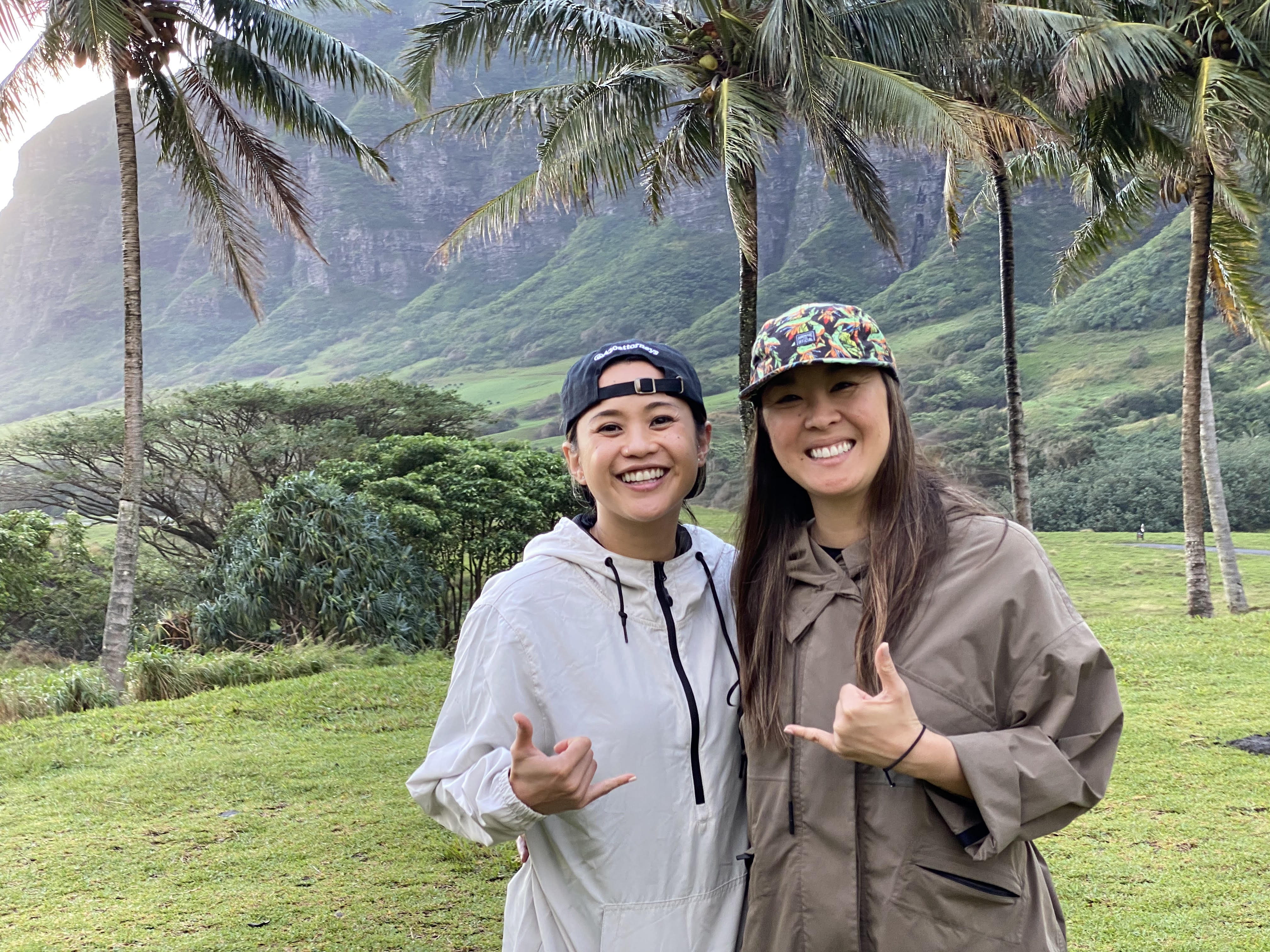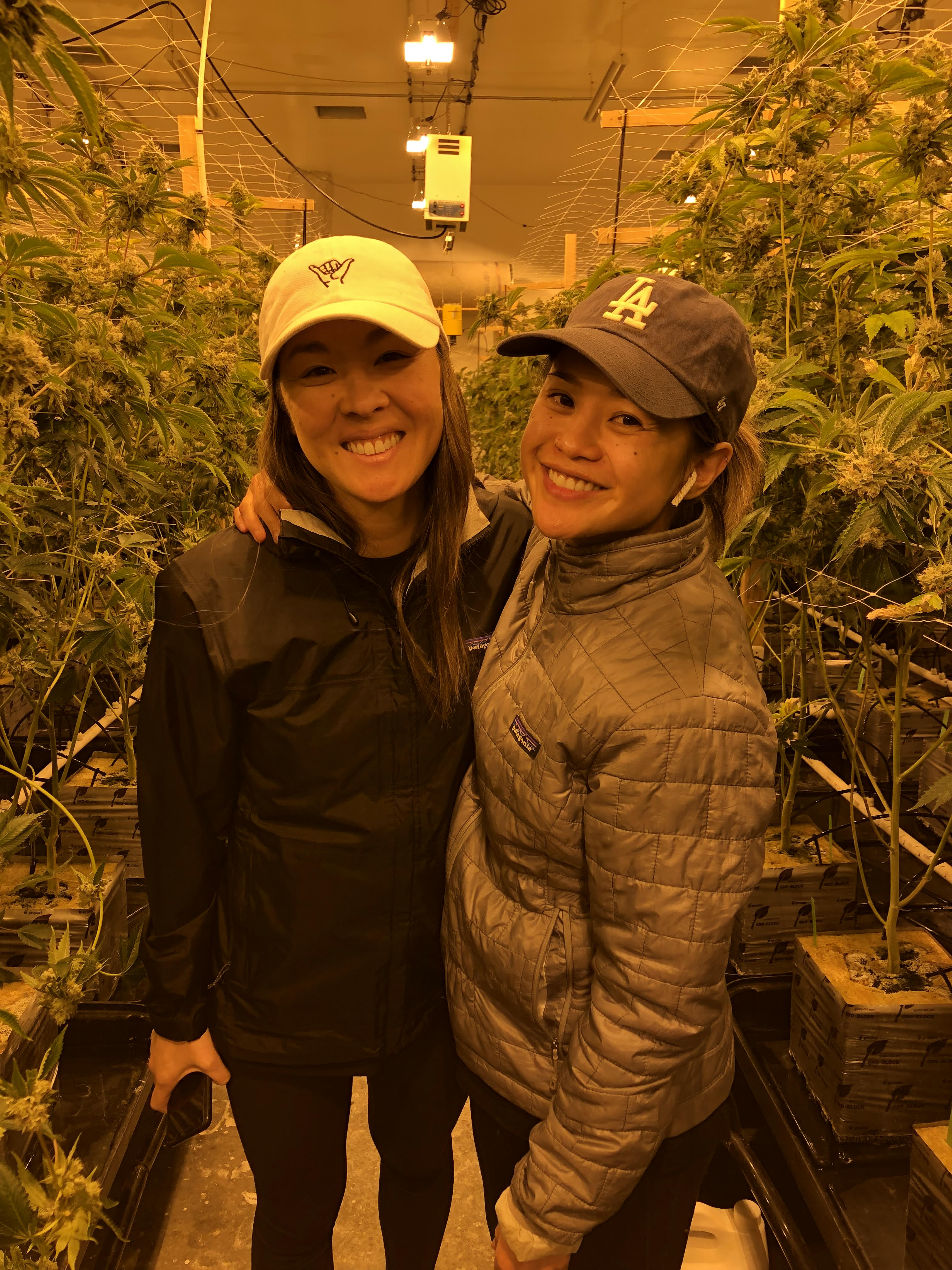Los Angeles attorney among pioneers in cannabis law field
Articles
Spotlight
View more from News & Articles or Primerus Weekly
By Brian Cox
Los Angeles attorney Michelle Mabugat occasionally jokes about burying a time capsule filled with items reflecting the recent state of cannabis law in the U.S. and imagines opening it in 20 years to marvel at how much has changed.
“It will be a whole new world,” she says with a laugh.
It will not be the first new world in the cannabis industry the young corporate and transactional attorney for Greenberg Glusker will have witnessed. She’s been practicing cannabis law from the early days of legal medical marijuana when there were less than a handful of attorneys focused on the field throughout California. After a decade of building a practice specializing in cannabis law, Mabugat is now recognized as one of the most prominent attorneys in the mushrooming legitimate marijuana industry.
Her role as a pioneer in the emerging legal space can be attributed to some fortuitous timing, a keen sense for opportunity, a dynamic spirit, and a talent for strategic, creative problem solving.
Mabugat says she may not have gone to law school at all if she had not run up against organic chemistry at UCLA where she was a psychobiology major on a pre-med track.
“I very quickly realized that, no, I do not want to be a doctor,” says Mabugat, who then switched her major to political science.
After graduation, with the Great Recession looming, Mabugat considered her options and decided on law school, enrolling at the University of Southern California Gould School of Law, but with no clear vision of the type of law she wanted to practice.
“I think I was still in the finding-myself stage,” says Mabugat. “Law school seemed like a natural extension to my liberal arts education at that point. There was nothing romantic or strategic or even thoughtful about the decision.”
It was, however, the best decision she’s ever made, she says.
The child of Filipino immigrants, Mabugat was born and raised in Los Angeles. Her mother, Teresa, was an executive at Sony before having children and now works in advertising. Her father, Michael, was in real estate development, and she has two younger sisters, Melanie and Mara.
Mabugat attended a largely white, affluent high school where, as a minority in terms of income and heritage, she learned to work harder than many of her peers. She was active in school, including playing point guard for the basketball team, though she later learned her effectiveness was likely hampered by her size and poor peripheral vision.
“In retrospect, I probably should have played soccer,” she cracks.
In law school, the work ethic she adopted early in life helped her keep her head above water during the Great Recession. She scrambled to find paying work, getting a lot of research and writing projects from solo attorneys who didn’t have sufficient work for her on a full-time basis but could pay enough for her to cobble together enough to meet her bills. One of the lawyers happened to concentrate on cannabis law and was Mabugat’s first exposure to the field.
When she graduated with her law degree in 2011, the economy hadn’t improved much at all.

“We were those folks who went into law school thinking it would be better by the time we were out, but it wasn’t,” Mabugat says of the economic climate she and her fellow law grads encountered. It was the worst job market for new lawyers in 15 years, according to the National Association for Law Placement, and legal prospects were slim.
“It taught me a lot, coming out of the recession,” says Mabugat. “I learned how to hustle and get business and make a name for myself.”
She began working with criminal defense attorney Philip Cohen, who had started his solo practice after being a litigation partner with the national law firm Venable out of Washington, D.C.
“Philip was my mentor from day one,” says Mabugat. “Everything I know about law I learned from Philip Cohen. He is a trial attorney through and through.”
She compares watching Cohen in a courtroom to watching Picasso paint. She second chaired for him at trial and crafted appeals. He would regularly turn over criminal cannabis cases to her because of her previous experience with them during law school, whether she felt fully prepared or not.
“It was the best way to learn, honestly,” she says.
Her years with Cohen served to further immerse Mabugat in cannabis law as she took on clients who needed a criminal defense attorney but who couldn’t afford the small selection of top cannabis lawyers. Mabugat recognized a need when she saw one.
“I saw an opportunity to be a big fish in a very, very small pond at a very young age in my career and I just did what I could do with it,” she says. “It kind of snowballed. Not many people were doing it back then.”
It was an exciting time to be a young lawyer developing an expertise in a field that was constantly changing. It wasn’t unlike the Wild West in some sense.
“It was just so strange and new and complex and there were all these puzzles to solve,” she says. “It was like a big old adrenaline rush.”
California became the first state in the country to legalize the use of medical marijuana in 1996, which created a gray area where dispensaries in the state operated. The dispensaries, while not legal, had an affirmative defense they could present at trial if they were ever arrested and charged with a crime.
“That affirmative defense was heavily reliant upon their compliance with certain attorney general guidelines,” explains Mabugat, “and part and parcel of those guidelines were adherence to corporate formalities as a nonprofit. It was a very specialized niche to be able to present that defense and a lot of it dealt with corporate work and that’s kind of how I started out in litigation using it as an affirmative defense.”
After a few years, Mabugat realized her clients would be better served if she began helping them from the outset to meet the guidelines rather than rushing in to help after they were in criminal trouble. What they needed more than a criminal defense litigator was a corporate and regulatory compliance attorney.
“That’s where it all morphed,” she says. “I was getting them out of trouble and then it shifted to I’m going to help you not be in trouble in the first place.”
When California voters approved a ballot initiative that legalized recreational use of cannabis by adults in 2016, Mabugat, who had already been practicing cannabis law for five years, was poised to guide her clients into the new world of regulation. She evolved her practice to meet the ever-changing needs of her clients as they shifted from operating in a “gray market” to doing business in a market that was fully licensed and regulated.
“I was like, oh my God, I am an expert now in a legit field of law at 31 years old,” she says. “It was wild.”
Recreational weed is now legal in 19 states and the industry hit a record $24 billion in sales in 2021, with expected annual sales of $70 billion in the next five years, according to the business advisory firm EisnerAmper, LLP.
The challenge then was to convince her clients — who had operated in the gray for 20 years and were highly distrustful of government — to crossover.
“I’m not representing gray anymore,” she told her clients. “You’re either licensed or not. I also demand of them good corporate hygiene. Handshake deals, oral agreements, you’re not doing these anymore.”
It was a significant cultural shift that required changing a decades-long mistrust in the system on the part of her clients as well as the misperception on the part of lawmakers and citizens that her clients were drug dealers instead of legitimate businesspeople.

The next “new world” in cannabis law that Mabugat foresees is federal legalization. She expects it to happen in the next 10 to 20 years and it will once again transform the industry.
“After legalization, the landscape will look completely different. The fact that it’s federally illegal is the only reason why the Amazons and Ubers of the world are kept at bay,” says Mabugat. “Interstate commerce is hampered because of the federal illegality issue, but if we could freely cross state lines, you bet your bottom dollar Amazon and Uber are coming in.”
She anticipates a lot of contraction and market consolidation that will freeze many small, unscaled operations out of the space. She expects the cannabis sector in the end to resemble the alcohol industry in its regulatory structure.
After four years with Cohen, with whom Mabugat still often works as co-counsel, she did a three-year stint with a boutique firm that exclusively did cannabis law, after which she accepted a position with Greenberg Glusker. Several of the clients who had been with her from early on had grown into larger companies that now required more resources and a multi-disciplinary practice. Greenberg Glusker fit the bill in terms of its arsenal of legal talent and its culture, she says.
The one-office firm of roughly 100 attorneys was the right size for Mabugat and its values aligned with hers.
“It’s a family-oriented firm,” she says. “It’s close knit and work-life balance is huge.”
Soon after joining Greenburg Glusker, Mabugat became involved with Primerus and proposed forming a cannabis section. She is currently one of the first executive members of the newly formed Primerus Cannabis Practice Group that launched earlier this year.
“Our group is in its infancy,” says Mabugat. “We’re still trying to figure out how to be a value add to other Primerus members and bring cannabis into the fold.”
Mabugat and her wife Taryn are working on starting a family, she says. The newlywed couple was married last year and have plans to honeymoon in Africa later this year. Taryn, who hails from Hawaii, is a director at an advertising agency. The two are big snowboarders and nature buffs who keep a running list of all the concerts they’ve attended together — currently 64 in the four years since they met at Coachella.

Mabugat is involved with an extensive list of professional organizations dedicated to the advancement of diversity, equity and inclusion in the business and legal communities. She is a member of the inaugural DE&I Committee for the Association for Corporate Growth - Los Angeles Chapter (ACG-LA), where she works to help reflect and enhance the diversity of the Los Angeles middle market.
“It’s hard especially as a young woman, person of color, there are just things you will have to overcome that maybe your other colleagues won’t have to,” she says. “But every challenge is just another opportunity to prove to people how good you really are. You’ve just got to do it.”
She also helps the Legislative Advocacy Committee for the Los Angeles Gay and Lesbian Chamber of Commerce to identify bills and public policy issues that will impact the LGBT business community.
Other pro bono work that Mabugat is passionate about includes leading the preparation of an amicus brief filed before the Mississippi Supreme Court on behalf of the International Cannabis Bar Association that argued sentencing a man to life without possibility of parole for possession of 43 grams of cannabis violated his Eighth Amendment right against cruel and unusual punishment.
She also co-wrote an amicus brief on behalf of political scientists to the California Supreme Court in a seminal voting rights case arguing for an interpretation of the Voting Rights Act that would not dilute the power of minority voters.
“Doing stuff like that feeds my soul and keeps my engine humming,” she says. “It’s a core part of my practice as well.”